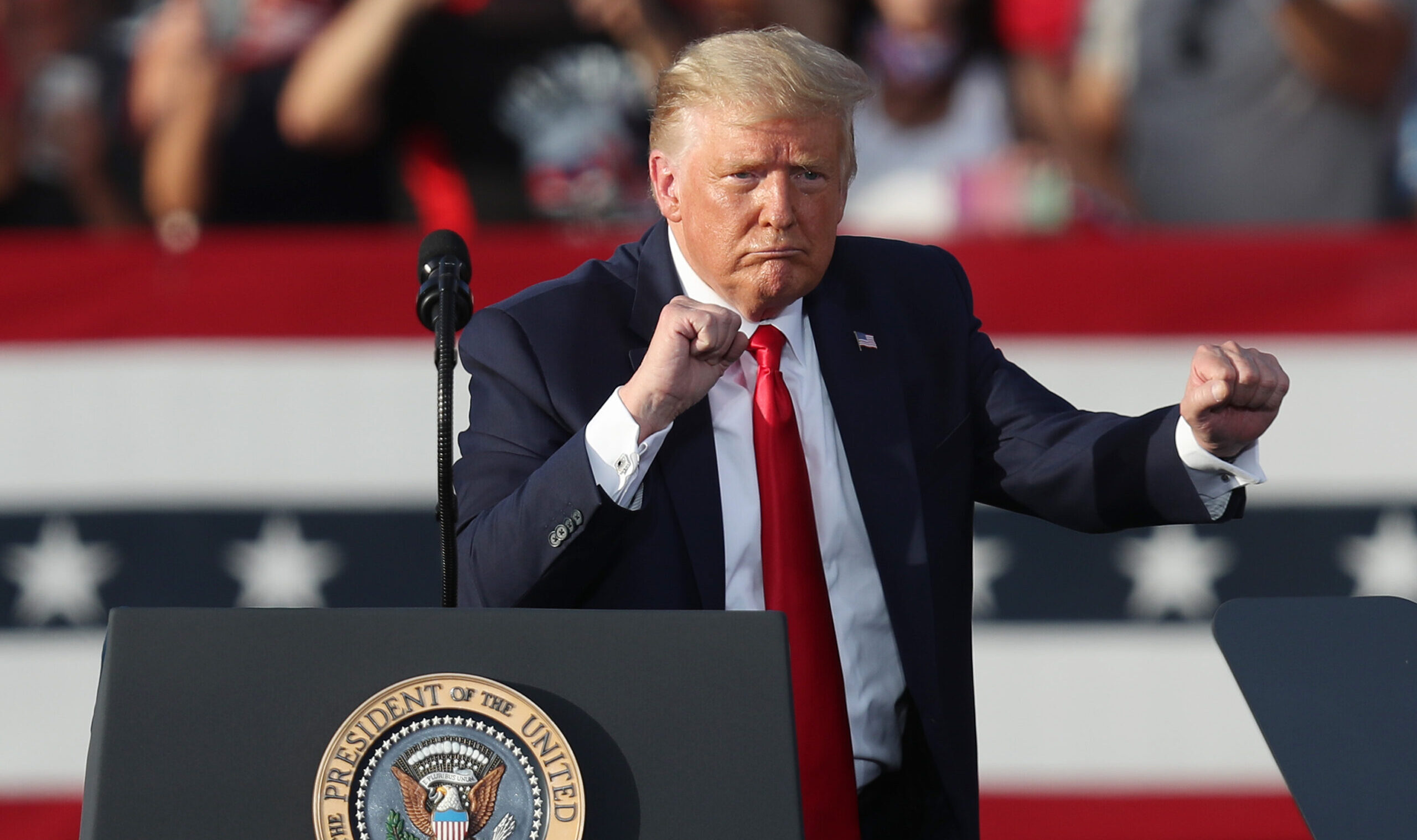Fighting the Last War
By David Rieff | May 25, 2011
Closure is always a mirage, but at least sometimes victory is not. Whatever else they showed, the impromptu demonstrations in Washington, at Ground Zero, and in many other cities and towns across America, and the depth of the satisfaction but also of the near universal relief that followed President Obama’s announcement that the SEALs had killed bin Laden, proved how profoundly the country thirsted for a settling of accounts with the man behind the atrocities of 9/11. I see nothing wrong with such an act of vengeance, but please, let’s not confuse it with a strategy for the global war against the jihadis.
The stark truth is that while killing bin Laden may have left us happier the day after than we were the day before, our strategy, to the extent that we have one, remains the same contradictory mess it has been ever since it became clear that the overthrow of the Taliban in 2001 had been only one battle in a very long war. Ten years later, U.S. forces are killing and dying to prop up a government far more corrupt than Mubarak’s in Egypt or Ben Ali’s in Tunisia—a government whose officials, or their relatives, seem more adept at vote-rigging than nation-building, at drug-trafficking than education, and at war crimes than at the rule of law.
All that blood and suffering and money, for what, exactly? It would be one thing if the center of gravity of the Long War were still in Afghanistan. But it hasn’t been for years. The country is a sanguinary sideshow, not worth a single American life, let alone the 858 members of the U.S. armed forces who have died in Afghanistan since Obama took office—60 percent of all American military deaths there since the invasion began on October 7, 2001.
It is in Pakistan—and indeed further afield in countries like Mali and Mauretania, in Yemen, Mindanao in the Philippines, and of course in the radical mosques of Western Europe and among the embittered young men they attract—that the war against the jihadis will be won or lost.
Bin Laden was a charismatic leader in the strict sense of the word. But he was no Hitler, no Mao. Killing those men probably would have led to the end of the regimes they had created, or at the very least moderated them enormously. It is true that among the jihadis there was a cult of personality around bin Laden, but jihadism does not depend on this veneration of the leader for its coherence, as both Nazism and Maoism did. To the contrary, it is a formidable political movement, an effective and above all adaptive terrorist network, and an ideology immensely appealing to many Muslims, even if that number is small in the context of the entire Ummah of over a billion men and women.
In killing bin Laden, we were fighting the last battle of the last war, while the new jihadi networks, as Marc Sageman has shown so brilliantly, are fighting the next war—the one from which the commitment to staying on in Afghanistan has distracted us. In this sense, the most useful effect of bin Laden’s death should be that we forget about him, draw down to a skeleton force in Afghanistan—or better yet, withdraw entirely—and instead focus on fighting the enemy that now poses the real danger to us.
David Rieff is a regular contributor to The New Republic and The New York Times Magazine.
War on Terror: The End? A Symposium.
David Rieff: Fighting the Last War
Jacob Heilbrunn: Death of the Bush Doctrine
Adam Garfinkle: Reform the Reforms
Michael C. Desch: How Much Does Osama Matter?
Ivan Eland: Declare Victory and Come Home
